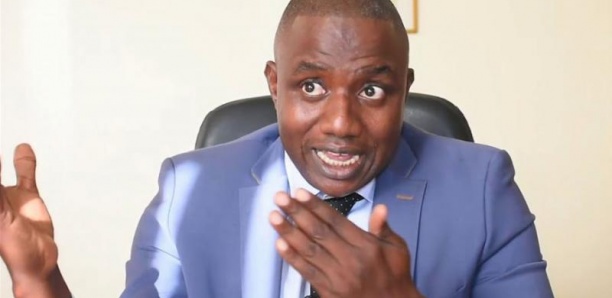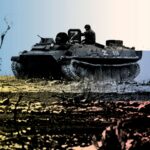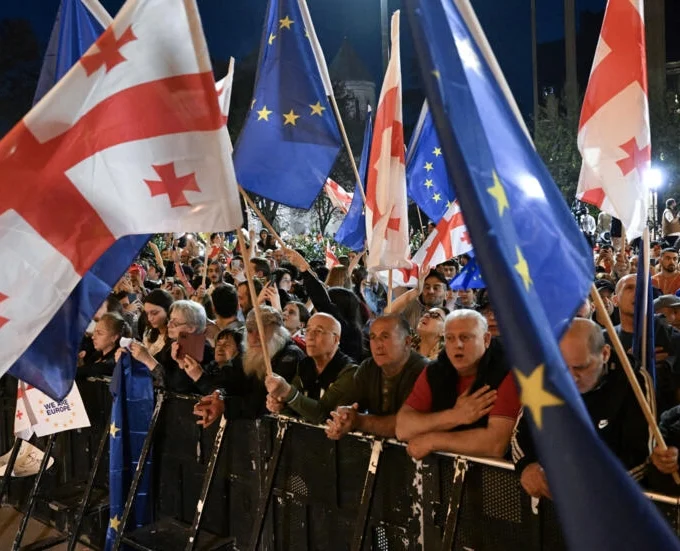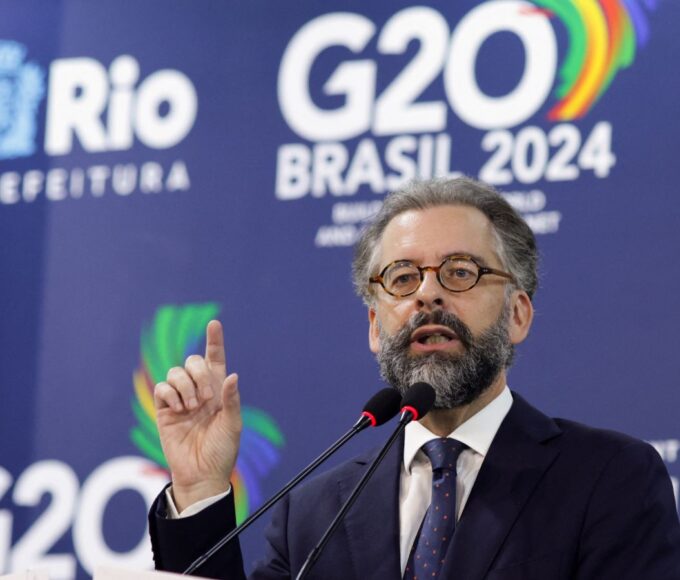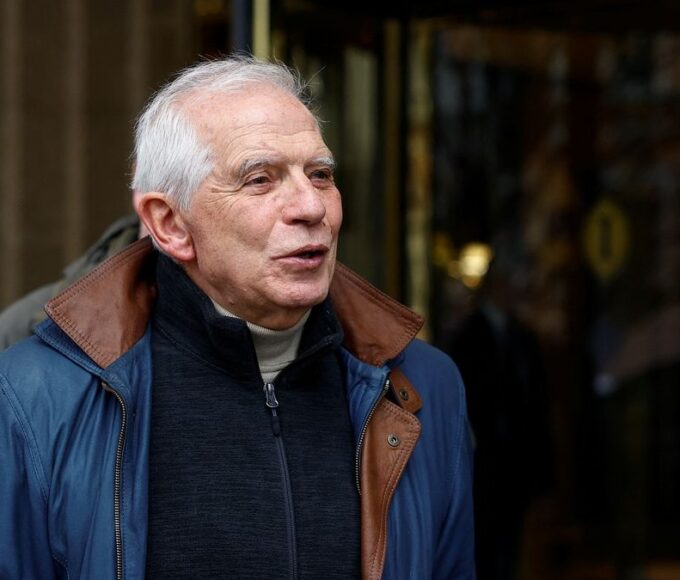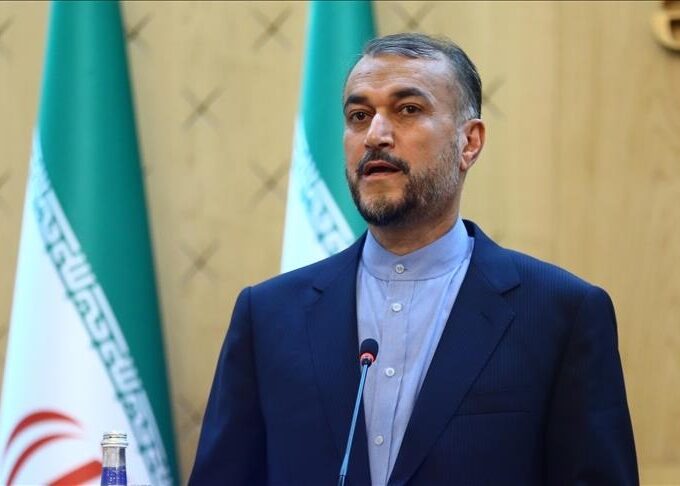From walls of mistrust to bridges of trust
If I had to remember only one success of President Macky Sall’s foreign policy in 12 years, it would be undoubtedly and without any hesitation: the departure of Yaya Jammeh. Jammeh has been a thorn in Senegal’s side for 23 years playing arsonist by night and apple sapper by day in the Casamance crisis which is our most serious national crisis. On the international scene, a State has only two actors: the diplomat and the soldier. And the fact that President Sall relied alternately and harmoniously on the diplomat and the soldier to oust Jammeh without a shot is a stroke of genius that deserves to be studied in the schools of war and diplomacy. This stroke of genius had a decisive impact on the crisis in Casamance by depriving the MFDC of a fallback zone but also and above all by bringing Casamance geographically closer to the Farafégny bridge. The MFDC had given the wrong answer to a real question (landlockedness), with Pont, de Farafegny among others (boats and planes), the President gave the right answer to the real question, thus making the MFDC anachronistic. This is why in my opinion, the departure of Jammeh and the Farafegny bridge are more important than all the other successes because we say “a country makes its history but undergoes its geography”. Our geography is what Senghor called the concentric circles to march towards African unity. In his excellent book, Senegal and its neighbours, Momar Coumba Diop shows that the first circle around Senegal was a ring of fire with a military intervention in Gambia (Fode Kaba 2), a military intervention in Guinea Bissau (Operation Gabou), a long conflict with the Mauritania of Ould Taya, without forgetting the antagonism between Senghor and Sekou Toure and the ephemeral federation of Mali. Between Senegal and its neighbors, the 12 years of Macky Sall can be summed up in a simple way: tearing down the walls of mistrust to replace them with bridges of trust. A trust bridge over the Gambia River and another over the Senegal River with the Rosso Bridge. These bridges of trust open up Senegal, the gateway to West Africa, which was in fact a very landlocked country because the gateway was in fact only permanently open to the Atlantic. President Sall’s foreign policy has deconstructed this hegemony of the Atlanticist logic that dates back to colonization to open the door to the continent. In twelve years, the first circle that was fire has become a circle of peace with the President’s desire to replace mistrust with trust in our relations with Mauritania with the sharing of energy wealth at the border. It is an old principle of Political Science that two countries that do business rarely go to war. So Mauritania by this principle will become one of the largest allied countries of Senegal, which is both a geographical and historical logic because the river has never been a border and the Rosso bridge will recall it in concrete. Another principle of Political Science also teaches that democracies do not go to war. After Jammeh’s departure, The Gambia quickly returned to the democracy it had always been and therefore today has the best relations with Senegal. It is the same for Guinea Bissau since democracy returned to this country with the support of Senegal. These two principles (democracies do not go to war, when you do business you rarely go to war) on which President Sall relied to transform the ring of fire into a circle of peace and co-prosperity already shown their relevance in Europe because what is called the European model is nothing other than a substitution of the economy for war as a means of regulating relations between European nations the tragedies of the two world wars.
The first concentric circle of our neighbors has moved from fire to peace and co-prosperity. For the second circle, which is that of the continent, the results are also very positive. The results of President Sall at the head of the African Union are very positive. So laudatory that he narrowly escaped a second term that some of his peers wanted. Diplomatic circles say that he is one of the greatest Presidents of the OAU/AU since a certain President Abdou Diouf and his crusade against Apartheid which took it to the borders and into the belly of the Monster with historical tour in the countries of the Front line. The action of President Sall at the head of the AU will have been both political and economic. Politics for having decided that it was no longer necessary to just remain in front of the wailing wall but that it was also necessary to act. What he did by going to see President Putin in Sochi at the start of the war in Ukraine not to make the voice of Africa heard but also to defend its interests. It was one of the few times if not the only time our continent was involved in a global conflict. This political will will also have an economic declination with its fight for the presence of Africa in the G20. This battle was a continuation of the refusal to remain in front of the wailing wall because by joining the G20, Africa will be present where the decisions that structure the world economy are taken. Africa’s entry into the G20 is an economic bridge between the continent of the future and the rest of the world, but above all shows, as Shakespeare says, that “fortune smiles on the daring”. When President Sall at the beginning of his mandate had started to pose the debate, failing to smile, we laughed diplomatically under the cape. Today it is done and Africa must draw inspiration from its strategy for the battle for the reform of the UN Security Council, which needs real updating.
After the sub-region which is the first circle, the continent which is the second, the third is that of issues with a global dimension such as the war in Ukraine. On this level, it is President Putin himself who takes stock by welcoming the “balanced approach” of African mediation when he received the African heads of state in Saint Petersburg. Speaking of the balanced approach of Africans, President Putin salutes and confirms the vision and relevance of the President who, since his trip to Sochi at the start of the war, has always insisted on the need to keep a “corridor of discussions” open despite the war. . At the beginning the approach and the method were not understood but today all the parties are happy that the corridor has remained open. The “policy of small steps” that the President proposes in particular with the beginning with humanitarian issues (release of prisoners of war for example) will experience the same trajectory as the idea of maintaining a “corridor of discussions” that is to say misunderstood at the beginning but acclaimed at the end. Last but not least, all its prowess was possible thanks to the shadow army that are our diplomats who are as brilliant as they are erased and allow Senegal to hold its rank and shine in the world. Thanks to the vision of the President and the talent of our diplomats, Senegal, this small country on a map is and will remain a diplomatic power that shines on the continent and in the world.
This article is originally published on seneweb.com


